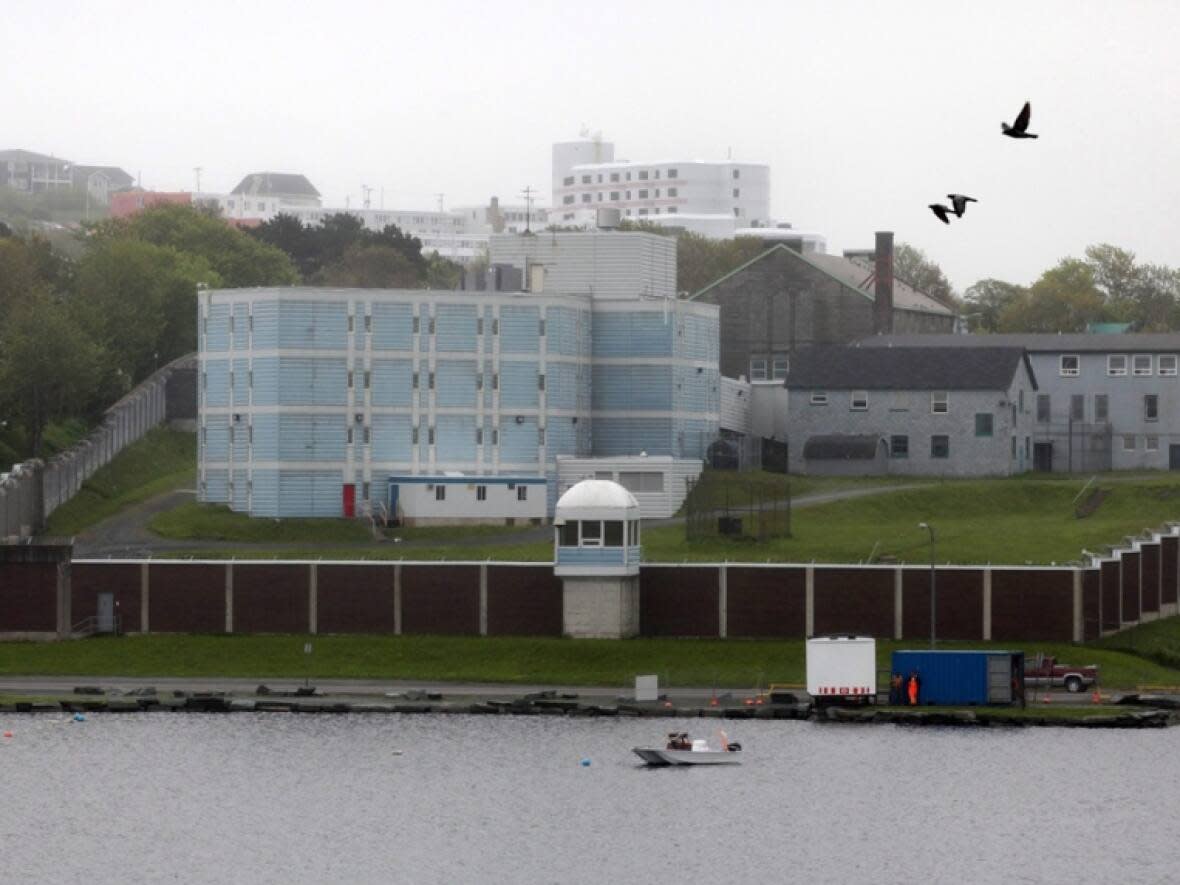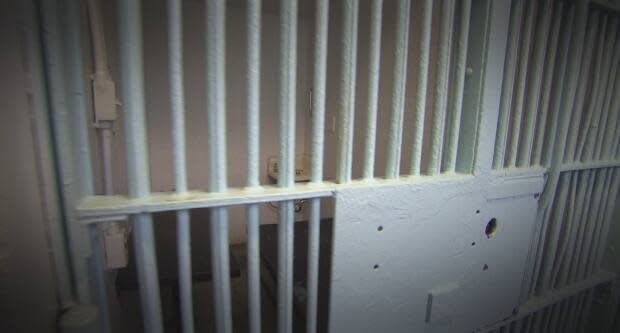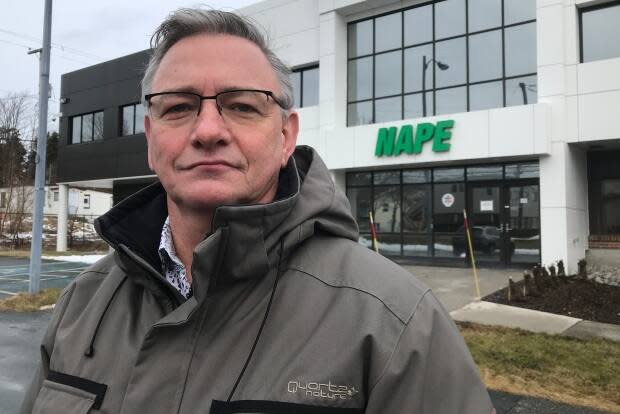HMP on the verge of total lockdown as prison grapples with lack of guards

Inmates are staring down the prospect of being locked in their cells around the clock as Newfoundland and Labrador's largest correctional facility contends with a critical shortage of guards to supervise them.
Her Majesty's Penitentiary — the problem-plagued, Victorian-era institution that houses up to 175 inmates in St. John's — has been bleeding staff in recent months, with union president Jerry Earle telling CBC News this week that some correctional officers have recently walked off the job.
The remaining officers are grappling with soaring summer temperatures inside the prison's walls and find themselves worn down by mandatory 24-hour shifts, said Earle.
"I've heard staff basically saying, 'I'm not sure how much longer I can do it … I can't go back to work in that facility,'" Earle said.

Earle, head of the Newfoundland and Labrador Association of Public and Private Employees, said it could be a matter of weeks or even days before the penitentiary is forced to confine inmates to their cells indefinitely.
That would mean no visitors, no recreational time and no programming, he said.
"That heightens the tensions in these facilities," he warned.
The prison has regularly been thrust into the spotlight for deaths, overdoses and its crumbling infrastructure. It's also been the subject of two independent reviews since 2008.
In recent years, a number of people have died by suicide within the prison's walls. Last month, more than 100 former inmates signed on to a class action over the alleged flagrant use of solitary confinement at HMP.

Those problems are only compounded when inmates don't have access to library books, mental health programming or the outdoors, says Cindy Murphy, director of the provincial chapter of the John Howard Society.
"It's going to come to a breaking point," Murphy said. "It's kind of like a pressure cooker right now."
Murphy means that literally, in a sense: poor ventilation throughout the 163-year-old building has left guards and prisoners sweltering.
"One inmate described it to us as [being] a dog left in a car on a hot day," she said. "That's profoundly troubling and difficult, and certainly not what we'd call humane conditions."

Murphy said as recently as Thursday, society workers were denied access at the door of the prison because there weren't enough guards on staff to supervise.
That delays mental health, addictions and behavioural programming, which in turn can delay paroles and contribute to the increasing tension inside.
"Being convicted of an offence and sentenced to an incarceration is the punishment," Murphy said. "Your loss of freedom is the punishment. It doesn't mean that people need to be punished every single day while they're in there. And sometimes that's what's happening."
Recruitment ongoing
The provincial Justice Department said in a statement that it has hired 26 correctional officers since May 2021, and is still recruiting.
"For the safety and security of our correctional facilities we do not disclose staffing levels," the department said by email.
"Every effort is made to ensure programming is available to inmates; however, there may be times where there may be situations that require programs to be postponed."
Earle says that emphasis on recruitment needs to continue — and could be bolstered by an in-province training program, which ceased to exist several years ago. Now the closest place to obtain training is in Prince Edward Island.
Murphy sees a more immediate solution: decreasing the number of inmates by speeding up early releases, when it's warranted.
"We want people to come out of custody better than when they went in," Murphy said. "They will live next door to you or I. And we want them to be better. We need them to be better."

 Yahoo Movies
Yahoo Movies 
